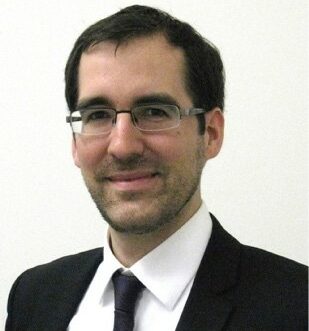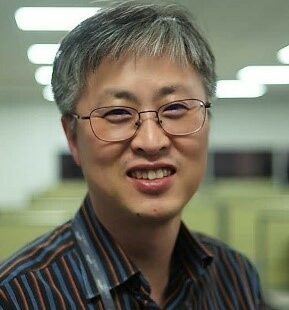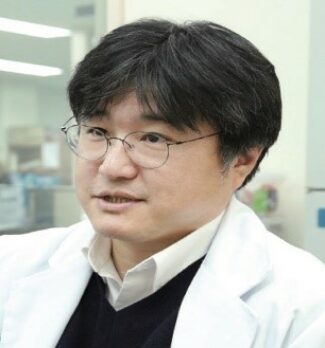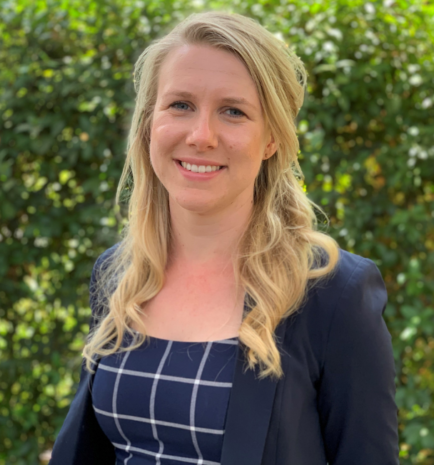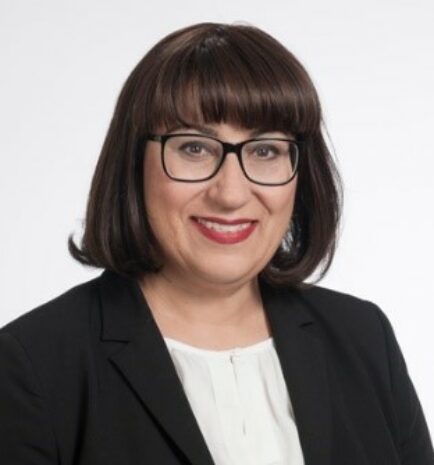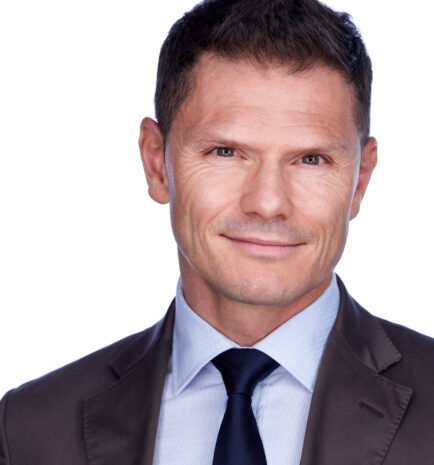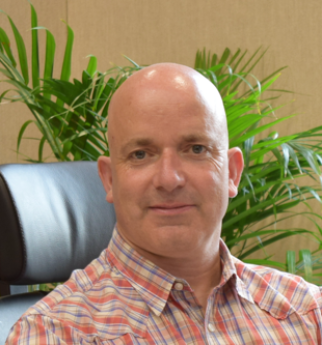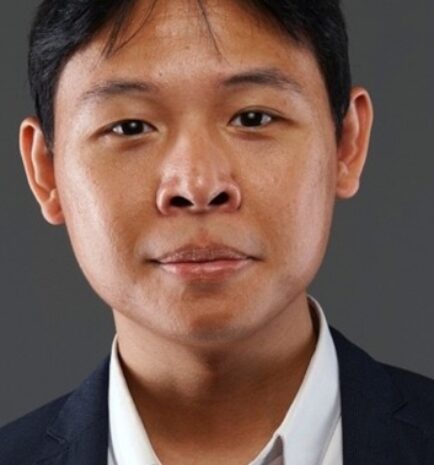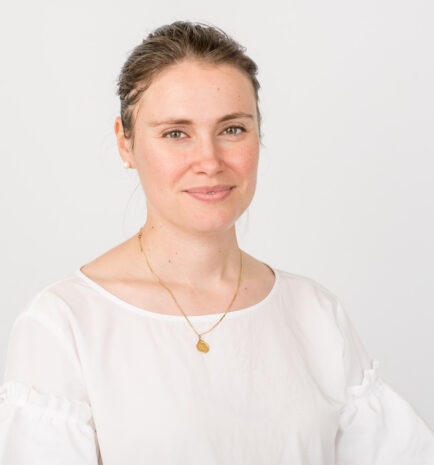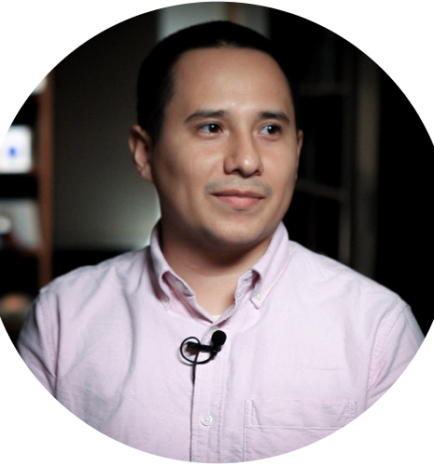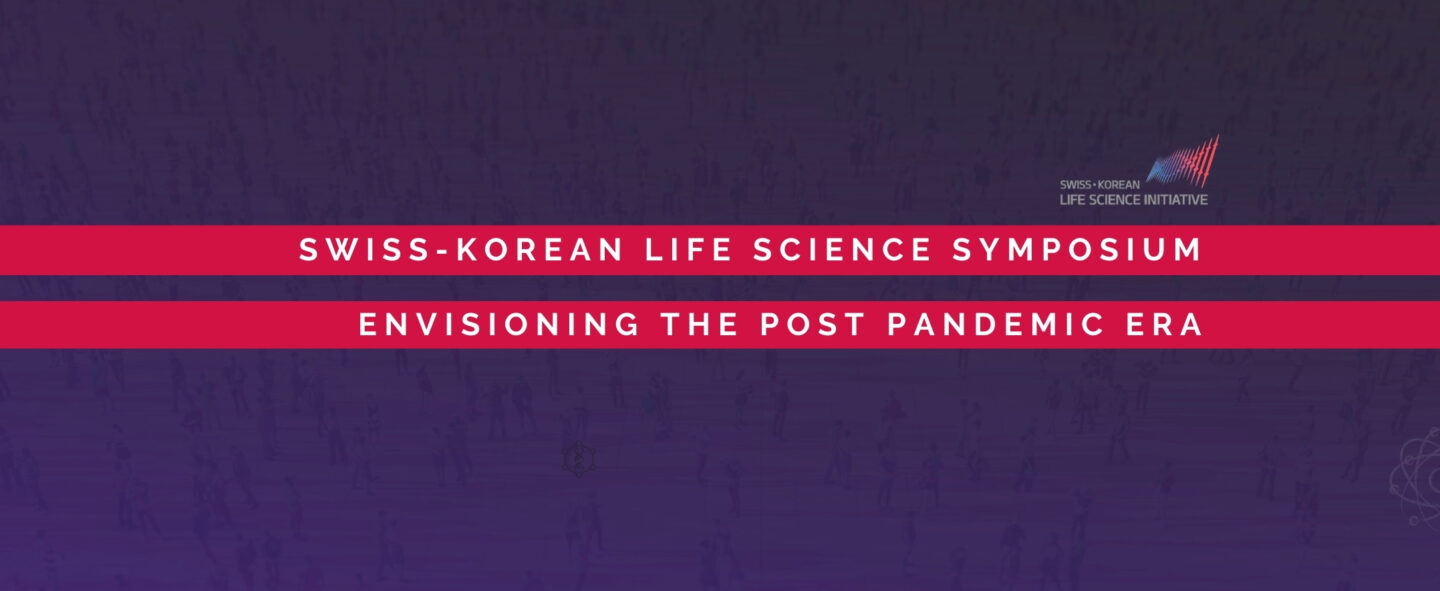
Parallel Sessions
1. Assistive Technologies for Ageing Society
The COVID-19 pandemic has highlighted the fragility of health and social care systems worldwide, particularly for marginalized groups, such as individuals with disabilities and older people, including those living in long-term care facilities. COVID-19 has revealed home-based wellness and health-care programs. In particular, rehabilitative and assistive care have the potential to decrease costs and make effective interventions more accessible for all.
In addition, from physically-assistive robots to companion robots, people’s expectations are changing and, with that, so are their willingness to engage in new modes of therapy and living.
The speakers and panel discussion will answer the following questions:
- What is the current status of the technology and regulation leading the assistive technology for ageing society?
- What are the development and revitalization strategies for senior-friendly high-tech medical device in both countries?
- Is there open innovation plan for companies in the field of senior-friendly high-tech medical devices?
Speakers
- Olivier Lambercy, Director (ad interim), Rehabilitation Engineering Lab ETH
- Sang-Hun Lee, Director of R&D Center, Curexo
- Jaesoon Choi, Associate Professor, Asan Medical Center
Moderator
- Amy Wilson, CEO, Clever.Care
2. Cell and Gene Therapy
During the COVID-19 outbreak, the entire healthcare ecosystem has learned the importance of collaboration in a pandemic. The resilience and agility of the entire world has delivered solutions and responses at an unprecedented speed. If multiple vaccines can be developed, tested and approved in less than one year, they can possibly bend the curve on the average of 12-15 years, which currently lasts for treating patients.
Cell and Gene Therapies (CGT), an innovation shifting the paradigm in treatment, requires to create an ecosystem to solve together a number of unprecedented complexities in terms of diagnosis, treatment, care and payment.
The speakers and panel discussion will answer the following questions:
- What is the current development of CGT and its ecosystem in Switzerland and Korea?
- What issues are to be tackled towards this innovation?
- How to collaborate among various stakeholders in the healthcare system to create an ecosystem in CGT?
Speakers
- Shayesteh Fürst-Ladani, CEO & Founder, Solutions for Lifesciences
- So Ra Park, Chair and Founder, Regenerative Medicine Acceleration Foundation
- Maximillien Murone, CEO & Co-founder, Avrion Tx
Moderator
- Orlando D. Schärer, Associated Director, Center for Genomic Integrity (CGI), Institute for Basic Science (IBS), UNIST
3. Digital Health
COVID-19 has accelerated innovation in digital health thanks to the growing interests of pharmaceutical companies, hospitals and health-tech companies. Venture funding for digital health start-ups has dramatically increased. During the pandemic, the regulatory environment has also warmed up digital therapeutics to be approved as treatments and diagnostics worldwide.
The speakers and panel discussion will answer the following questions:
- How did COVID-19 accelerate digital health in both countries and beyond?
- How could traditional industry such as pharmaceutical companies create value by collaborating with players from other sectors?
- What partnerships have they been building and which ones do they foresee to create synergy and an ecosystem in digital health?
Speakers
- Célia Oculi, Personalized Healthcare Lead, Roche Belgium
- Christian Teo, Head, Novartis Biome Singapore
- Edward Yoonjae Choi, Professor, Graduate School of AI, KAIST
Moderator
- Mario Garcia-Lee, CEO& Program Lead, Lighting Up Ventures
Meet the Speakers / Panel
-
![]()
Bio
Olivier Lambercy
Director (ad interim), Rehabilitation Engineering Lab, ETH ZurichOlivier Lambercy is a Senior Scientist and the ad-interim Director of the Rehabilitation Engineering Laboratory at ETH Zurich. He obtained the PhD degree from the National University of Singapore in 2009. His research focuses on the development and clinical application of technological solutions to improve upper limb assessment, therapy and assistance after neurological injuries.
PRESENTATION TITLE: Towards a technology-supported continuum of care: approaches for minimally-supervised rehabilitation of hand function
“In our aging society there is an urgent need for novel approaches to provide quality therapy and assistance to a growing number of subjects with age-related deficits or impairments resulting from neurological injuries. Technology-based solutions, such as, robotics for rehabilitation and/or assistance bear high potential to enable a paradigm shift in healthcare models that are currently too heavily relying on hospital stays. In this talk, I will review some of these challenges and present our ongoing work on the development of technology-based solutions to support upper limb rehabilitation of neurological patients along the continuum of care, from the hospital bedside to their home. I will discuss key enablers as well as the remaining challenges in view of the development and acceptance of advanced rehabilitative and assistive technologies.”
-
![]()
Bio
Sang-Hun Lee
Director of R&D Center, CurexoDr. Sang-Hun Lee, director of the R&D center at Curexo Inc., a Korean medical robot company, is an expert in robotics who has been working in this field for more than 25 years. From 1996, he developed control and sensor technologies for industrial robots at Hyundai Heavy Industries, a Korean industrial robot company. And from 2009, he developed medical robots at the same company. Since 2017, he has been leading the development of orthopedic surgical robots and rehabilitation robots in Curexo. He earned a Ph.D. degree in mechanical engineering in 2006, M.S. in 1996, and B.S. in 1994, respectively, in Hanyang University, Korea.
PRESENTATION TITLE: Experiences of developing a gait training robot toward the aging society
“Walking ability is an important factor of the quality of life for the elderly people. In this lecture, a Korean gait training robot “Moring Walk” and robotic technologies toward the aging society will be introduced.”
-
![]()
Bio
Jaesoon Choi
Professor, Asan Medical CenterJaesoon Choi received B.S. degree in control and instrumentation engineering and M.S. and Ph.D. degree in biomedical engineering from Seoul National University. He had research training at the Department of Biomedical Engineering, Cleveland Clinic, U.S.A., from 1999 to 2000. Between 2003 and 2006, he worked as a Staff Researcher at Research Institute, National Cancer Center, Korea. From 2007 to 2012, he was with College of Medicine, Korea University as Research Professor. He is currently an Associate Professor at Dept. of Biomedical Engineering, University of Ulsan College of Medicine and Asan Medical Center, Seoul, Korea. His research interest includes surgery / intervention assist robot, medical simulation / visualization, bioprinting technologies and mechatronics applications in biomedicine.
-
![]()
Bio
Amy Wilson
CEO, Clever.CareDr Amy Wilson is CEO of Clever.Care, a Swiss-based digital health start-up providing a coordination tool for caregivers of older people.
Amy’s experience spans both academia and industry, always with a focus on how enable better quality of life for people as they age.
In her previous role at the Global Centre for Modern Ageing (based in Australia), Amy worked across many industries to identify market opportunities and co-develop new innovations to meet the needs of the ageing demographic. These projects included autonomous vehicles, tech-enabled rehabilitation and assistive-care devices, and telemedicine, across many geographies, including Australia, Hong Kong and Israel. -
![]()
Bio
So Ra Park
Chair and Founder, Regenerative Medicine Acceleration Foundation (RMAF)Dr. So Ra Park is the chair & founder of the Regenerative Medicine Acceleration Foundation which is under the Advanced Regenerative Medicine Support Organization, designated by Ministry of Health & Welfare since March 2021.
The RMAF is a non-profit foundation, established in Feb.2021, aims for National Health Promotion through providing and expanding new medical opportunities under the national responsibility in accordance with the purpose of the “Act on The Safety and Support for Advanced Regenerative Medicine and Advanced Biopharmaceuticals” (abbreviation is “Advanced Regeneration Bio Act.”)
As a support organization, RMAF dose various activities for accelerating technology developments and supporting policies developments on safety managements. In addition, she is actively engaged in advisory committees on healthcare and advanced regenerative medicine related field in South Korea. In recognition of her activities, she was awarded a Service Merit Medal in 2018.
She is also a professor of physiology at School of Medicine, Inha University since 1991. She got BA, MD, PhD in Physiology at Yeonsei University, South Korea.PRESENTATION TITLE: Opportunities and Challenges in South Korea
“Korea shows a remarkable progress in regenerative medicine (RM) including the world’s first approved stem cell product. Its expertise and achievements are reinforced by the favorable government support with excellent regulatory environment and funding. Furthermore, R&D infrastructure is of a high stand in Korea for fundamental research and medical innovation in the field of RM as well. Also, the Advanced Regenerative Bio Act has been approved in April 2019 that will further accelerate commercial development of and patient access to RM.
By looking at the purpose and expected effects of the Advanced Regenerative Bio Act, the presentation will provide an overview of the Korean stem cell & regenerative medicine industry, the opportunities and challenges that exist, and how best to navigate the market towards accelerated commercialization of novel technologies.”
-
![]()
Bio
Shayesteh Fürst-Ladani
CEO and Founder, SFL(Solution for Lifesciences)Shayesteh Fürst-Ladani is the CEO and founder of SFL. She leads the team at SFL and provides global strategic support for the development of healthcare products. Shayesteh is President of the not-for-profit Associations “Rare Disease Action Forum” (RDAF) as well as the “Medtech & Pharma Platform” (MPP). Shayesteh has longstanding experience in formulating global regulatory strategy for drugs, orphan drugs, drug & device combination products, borderline products, medical devices, in vitro diagnostics (IVDs) and advanced therapy medicinal products (ATMPs). She is a Special Coach for Regulatory Affairs at Innosuisse (the Swiss Innovation Agency). Shayesteh is a Lecturer in Regulatory Affairs at the IFAPP Academy, Kings College London and previously spent 7 years as an Adjunct Instructor for Regulatory Affairs at the George Washington University School of Medicines and Health Sciences. She is frequently invited as a speaker and/or chair in international conferences.
PRESENTATION TITLE: Cell and gene therapies at the forefront of innovation in Europe – challenges and opportunities
“Cell and gene therapies are at the forefront of innovation and offer new promising treatments for previously incurable diseases. An innovative ecosystem is crucial for promoting the development of these therapies and improving patient access. This presentation will provide an overview of the regulatory framework for cell and gene therapies in Switzerland and the EU, as well focus on current challenges and latest developments. Furthermore, current initiatives will be highlighted that aim to foster collaboration among stakeholders in Europe.”
-
![]()
Bio
Maximilien Murone
CEO and Co-founder, Avrion TherapeuticsMaximilien is a Scientific Executive with experience in start-up establishment, management and fund raising. He joined Cellestia as co-founder in 2015 and COO in 2017, with 20+ years of experience in the pharma/life sciences industry. Before joining Cellestia, Maximilien served as the Managing Director for AdipoGen Life Sciences. In addition, Maximilien served for 10 years as Associate Director at Debiopharm International SA, where he was managing the Early Projects team. Maximilien holds a PhD from the Swiss Institute of Experimental Cancer Research, and an executive MBA from HEC Lausanne. He spent three years as postdoctoral researcher in the Department of Molecular Oncology at Genentech, Inc., South San Francisco, USA.
-
![]()
Bio
Orlando D. Schärer
Associate Director, Center for Genomic Integrity (CGI), Institute of Basic Science, UNISTOrlando D. Schärer received a Diplom (MSc) from ETH Zürich (Switzerland), a PhD from Harvard University (USA) and did postdoctoral studies at Erasmus University (Netherlands). He held faculty positions at the University of Zürich, Switzerland (1999-2005) and Stony Brook University, NY, USA (2005-2016) before taking up his current positions in Ulsan, Korea, as Associate Director at the Center for Genomic Integrity of the Institute for Basic Science and Distinguished Professor of Life Sciences at UNIST. His research combines chemical and biological approaches to study DNA damage, DNA repair and DNA damage signaling pathways and their relationship to carcinogenesis and antitumor therapy.
-
![]()
Bio
Christian Teo
Head, Novartis Biome SingaporeChristian focuses on ensuring the success of Novartis’ digital partnerships and activities across the region, supporting all country teams in implementing solutions that deliver impact at scale. As Head of Biome Singapore, his role involves designing the strategy and operational activities to deliver on improved patient outcomes, as well as a model for sourcing, evaluating and partnering with digital health companies at the Biome Singapore Digital Innovation Lab site.
Prior to joining Novartis, Christian was part of the Business Model Factory for Deloitte Tohmatsu Venture Support in Japan, providing open innovation consulting for large corporations and government agencies. He was also an innovation lead for Deloitte Southeast Asia and OCBC Bank in Singapore (Fintech & Innovation Group).
Christian holds a Bachelor of Arts in Sociology and Media & Communications from the University of Melbourne. He is currently pursuing a Master of Science in Information Studies from Nanyang Technological University.
PRESENTATION TITLE: Open innovation at Novartis – A tripartite innovation model of pharma, healthcare systems and health-techs.
“What does open innovation mean to Novartis in designing and delivering digital health solutions?
How have we responded to this need through the Novartis Biome Digital Innovation Lab?
Where have we successfully delivered digital health solutions?
How can healthcare systems and health-techs partner with Novartis?” -
![]()
Bio
Célia Oculi
Personalized Healthcare Center of Excellence Lead, Roche BelgiumCélia Oculi is a French national with broad international experience in several fields including strategy, healthcare transformation and partnerships.
Célia joined Roche in 2014, and since three years, she leads the Center of excellence for Personalised Healthcare of Roche Belgium and Luxembourg. In this role, she defines the strategy for the personalized healthcare portfolio and drives transformative partnerships with clinicians, medical societies, health authorities and untraditional players to shape a sustainable and data driven healthcare ecosystem.
Before joining Roche, she served as senior consultant at Ernst&Young where she led the investment review for public life science investments in France and developed strong expertise in innovation acceleration and business modelling.PRESENTATION TITLE: Belgian Journey toward Data Driven Ecosystem
“Covid pandemic has reinforced Data driven ecosystem as key enabler of efficient and sustainable health system. The journey toward data driven ecosystem in Belgium has started years ago and today Roche is supporting key public private initiatives to accelerate the transformation of local health system and design the future of digital health.”
-
![]()
Bio
Edward Yoonjae Choi
Professor, Graduate School of AI, KAISTEdward Choi is an assistant professor of the Graduate School of AI at KAIST. He received his PhD in computer science at Georgia Tech in 2018, where he studied interpretable deep learning models for healthcare analytics under the supervision of professor Jimeng Sun. Prior to joining KAIST in 2020, Edward was a software engineer at Google Health Research, where he focused on developing deep learning models for processing electronic health records. His current research interests include machine learning, healthcare and natural language processing.
-
![]()
Bio
Mario Garcia-Lee
CEO & Program Lead, Lighting Up VenturesMario Garcia-Lee is the CEO of Lighting Up Ventures, in charge of Strategy and Implementation. He is an educator, scientist, and entrepreneur who specializes in the intersection between innovation and commercialization, help regions accelerate economic growth and job creation through innovation-driven entrepreneurship. Gaining an interest in how advanced technologies could improve everyday life, Mario obtained an MBA from Yonsei School of Business and was sponsored by South Korea’s Ministry of Strategy and Finance to assess support systems for innovation-driven enterprises as part of MIT’s Regional Entrepreneurship Acceleration Program. He has taught courses and workshops in technology entrepreneurship at Yonsei University, Korea Advanced Institute of Science and Technology, and various other institutions supporting entrepreneurs.
